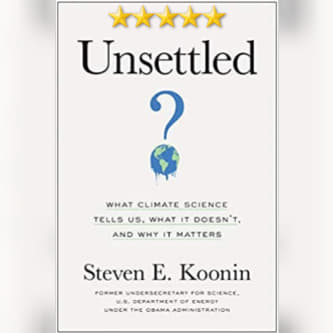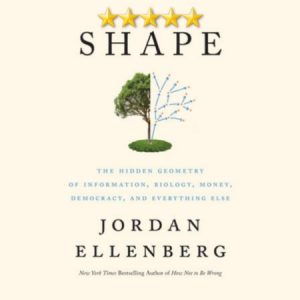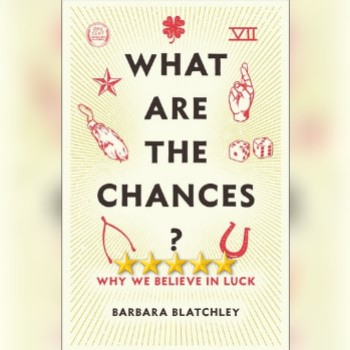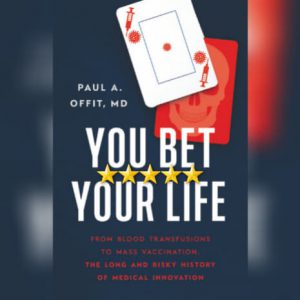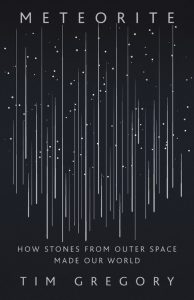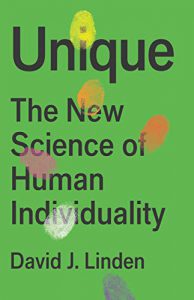If You Want To Talk About Climate, You Need To Read This Book First. Seriously, it is *that* important and *that* illuminating. Here, Koonin lays bare what the science actually says – and what “the science” that so many claim is “settled” want to make you think. Chapter 4 alone, where Koonin – who helped *create* some of the first computer based climate models and literally wrote a textbook on the subject – discusses climate models and how reliable – or not – they are is worth the price of the book.
Ultimately this is a book that no partisan will be happy with. Koonin eviscerates positions on both the left and the right of American politics with equal aplomb, sticking to the facts of the matter at hand as the science itself dictates them and refraining from veering into political recommendations. Thus, where the science genuinely is clear that humans are having some impact or another, Koonin points this out in precise detail – precise enough for the purposes of this text anyway, while citing the studies that show the more scientific level precision. Where the science is more muddled, Koonin points this out too – and explains where we know what we don’t know and even some of where we don’t know what we don’t know.
This book, per its very cover, sets out to uncover what we know, what we don’t know, and why the distinction matters – and it does exactly this truly remarkably well. Very much recommended.
This review of Unsettled by Steven E Koonin was originally written on February 7, 2021.

